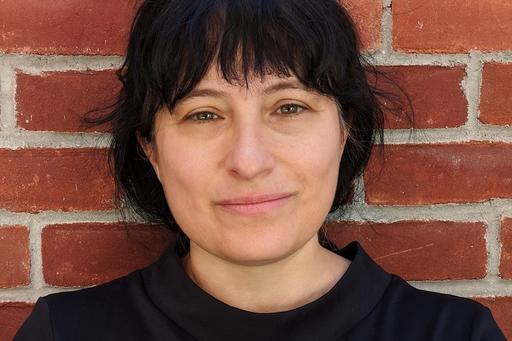True Fictions from Spain. Life-Writing and the Archive
Culture and languages
Seminar within the research area Language, Literature and Culture, Department of Languages and Literatures. All interested are welcome!
Seminar within the research area Language, Literature and Culture, Department of Languages and Literatures. All interested are welcome!

Abstract:
The book "True Fictions from Spain. Life-Writing and the Archive" [in Spanish, Ficciones de verdad] (Iberoamericana, 2020) considers the work of contemporary Spanish authors who are driven by an uncontainable desire to write and rewrite life. The expression “archive fever,” an eloquent English mistranslation of the title Jacques Derrida gave to his well-known work, Mal d’archive, refers to these authors’ urge to create a sui generis mode of life-narration through old or new media, photographs, documents, historical and literary records, personal reflections, and memories. By interweaving opaque fragments of the real, they generate autofictional narratives. Simultaneously “truthful fictions ”and “fictional truths,” autofictions occupy a transgeneric category that is irreducible to that of autobiography or the novel.
Writers who produce autofiction from Spain seem to share a distinctive will to convey the life traces they archive in an inconclusive manner, rather to do so in a totalizing fashion. In the age of digital production, when everything can potentially be “retouched,” autofiction undermines the modern paradigm of the archive which, since the advent of analogue photography, has propagated far beyond the domain of the arts. These amphibious writings break with the photographic dream that was soon appropriated by realist literature, “freezing” instants of life. From distinct angles and with variable degrees of intensity, contemporary authors of autofiction, such as Enrique Vila-Matas, Javier Marías or Marta Sanz, cast epistemological doubt on the traces they archive. In times of proclaimed post-truth, they awaken the reader from their slumber, rekindling a critical sentiment of suspicion towards that which is presented as real.